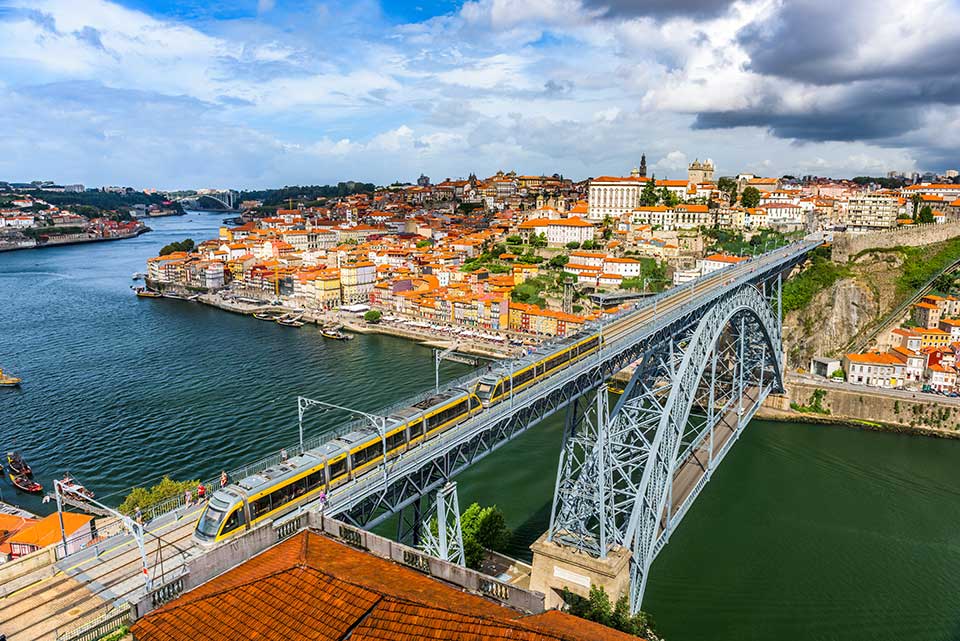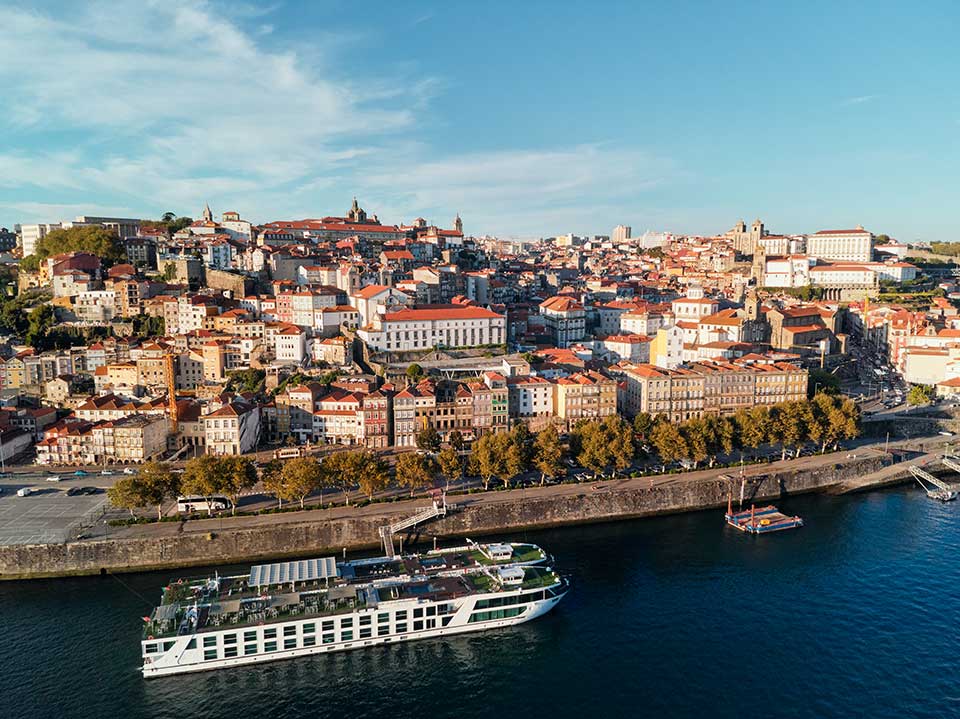Portuguese Golden Visa investment forecast to climb 10.5% in 2021

Astons, the international experts on real estate, residency and citizenship through investment, has revealed that it’s not just green list inclusion for UK holidaymakers that could see travel to Portugal increase this year, with investment into the nation’s Golden Visa program also expected to climb in 2021.
Portugal currently has one of the most successful immigration programs in Europe, granting investors the right to live, work and study in the country, with the additional benefit of visa-free travel within the Schengen Zone.
Like destinations such as Malta, Portugal has seen an uplift in demand in recent months, largely due to investors looking elsewhere across Europe since the popular investment scheme in Cyprus was put on hold.
Portuguese Golden Visa Investment Figures
Of course, like every area of life Covid has caused some disruption, with investment levels falling by 12.8% in 2020. That said, the Portuguese program still generated €647m last year and since 2015, investment has totalled €724.5m, with an average annual increase of 11.8% per year.
Astons forecasts that this investment is due to spike in 2021, with a notable jump of 10.5% generating a further €715m for the nation.
It’s easy to see why investors are flocking to Portugal above and beyond it’s geographical draws and the provision of visa-free travel across Europe. Diversity is often a key requirement when investing and Portugal presents a number of various investment routes with the additional benefit of securing a residency permit.
Methods of Investing
For example, one option includes capital investment of €1m or the creation of at least 10 jobs within the country. However, perhaps the most popular is the ability to invest in the Portuguese real estate market.
While there are a number of factors to consider where eligibility is concerned, such as the age of the property, its location or whether it lies within an area with low population density, investment can be made for a minimum of €280,000. It has become a popular route for investors who wish to place stronger foundations within Portugal and not only does it provide a tangible asset, but it also secures residency for their wider family, including any dependent children.
Real Estate Investment Hotspots
So where presents the best chance of investing? Astons analysed the current property market in Portugal looking at which locations were home to the highest levels of stock above the €280,000 minimum investment threshold.
The Portuguese capital of Lisbon is currently home to the greatest degree of choice where real estate, residency investment is concerned. 84% of all current real estate listed for sale is priced at, or above, the minimum investment threshold of €280,000.
Porto also ranks high with 71% of all stock qualifying, as does Portalegre (67%). Faro (65%), Setúbal (60%), Beja (57%), Braga (56%), Évora (54%) and Viana do Castelo (50%) also provide a good variety of properties with half or more of current real estate stock priced at the minimum investment threshold or above.
Managing Director of Astons, Arthur Sarkisian, commented: “It won’t just be British holidaymakers who are heading to Portugal this summer, we’ve seen a substantial increase in demand for Portuguese residency and we expect this to bring a considerable boost to the overall sum invested into the nation in 2021 via the residency migration program.
Covid has certainly caused the super-wealthy to reevaluate the driving factors behind their investment choices and, as a result, many are now putting a far greater emphasis on the wider benefit to their family and not just the benefit to their professional endeavours.
Portugal has become particularly popular as a result, with the ability to invest in the real estate market not only helping to lay strong foundations for family life but also granting residency to family members and dependent children.”
Data shows historic and forecast investment levels in to the Portuguese residency by investment program
Golden Visa Investment – 2015: €460,000,000 (Annual Change: N/A)
Golden Visa Investment – 2016: €848,000,000 (Annual Change: 84.3%)
Golden Visa Investment – 2017: €811,000,000 (Annual Change: -4.4%)
Golden Visa Investment – 2018: €839,000,000 (Annual Change: 3.5%)
Golden Visa Investment – 2019: €742,000,000 (Annual Change: -11.6%)
Golden Visa Investment – 2020: €647,000,000 (Annual Change: -12.8%)
Golden Visa Investment – 2021: €715,114,303 (Annual Change: 10.5%)
Table shows best areas of Portugal for investment via the real estate market based on the level of available real estate at €280,000 or above (% of real estate stock at €280,000 or above):
- Lisbon: 84%
- Porto: 71%
- Portalegre: 67%
- Faro: 65%
- Setúbal: 60%
- Beja: 57%
- Braga: 56%
- Évora: 54%
- Viana do Castelo: 50%
- Aveiro: 48%
- Leiria: 46%
- Coimbra: 45%
- Santarém: 45%
- Bragança: 25%
- Viseu: 17%
- Guarda: 5%
- Castelo Branco: 2%
- Portugal: 70%
Bring the best of the CEOWORLD magazine's global journalism to audiences in the United States and around the world. - Add CEOWORLD magazine to your Google News feed.
Follow CEOWORLD magazine headlines on: Google News, LinkedIn, Twitter, and Facebook.
Copyright 2025 The CEOWORLD magazine. All rights reserved. This material (and any extract from it) must not be copied, redistributed or placed on any website, without CEOWORLD magazine' prior written consent. For media queries, please contact: info@ceoworld.biz










